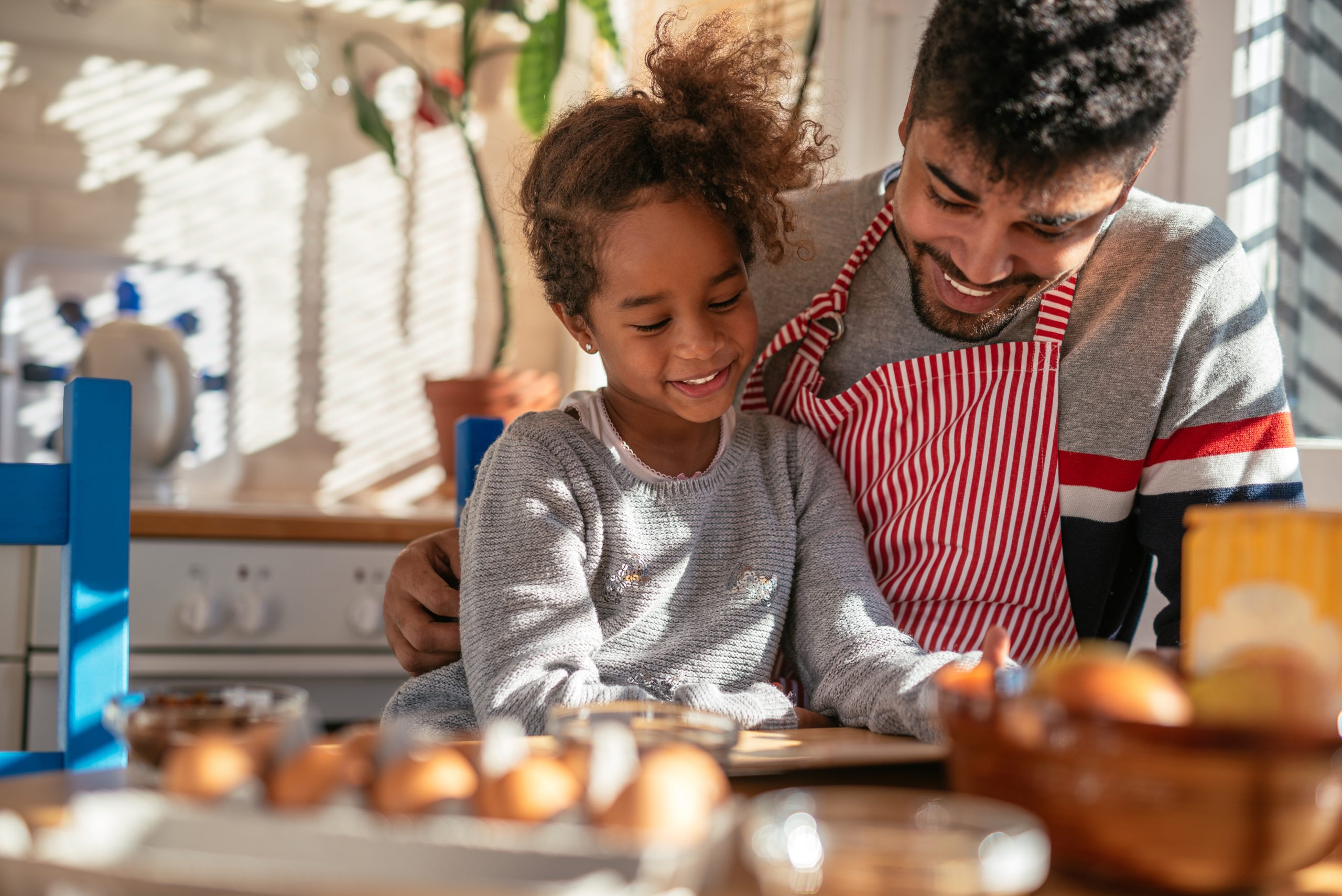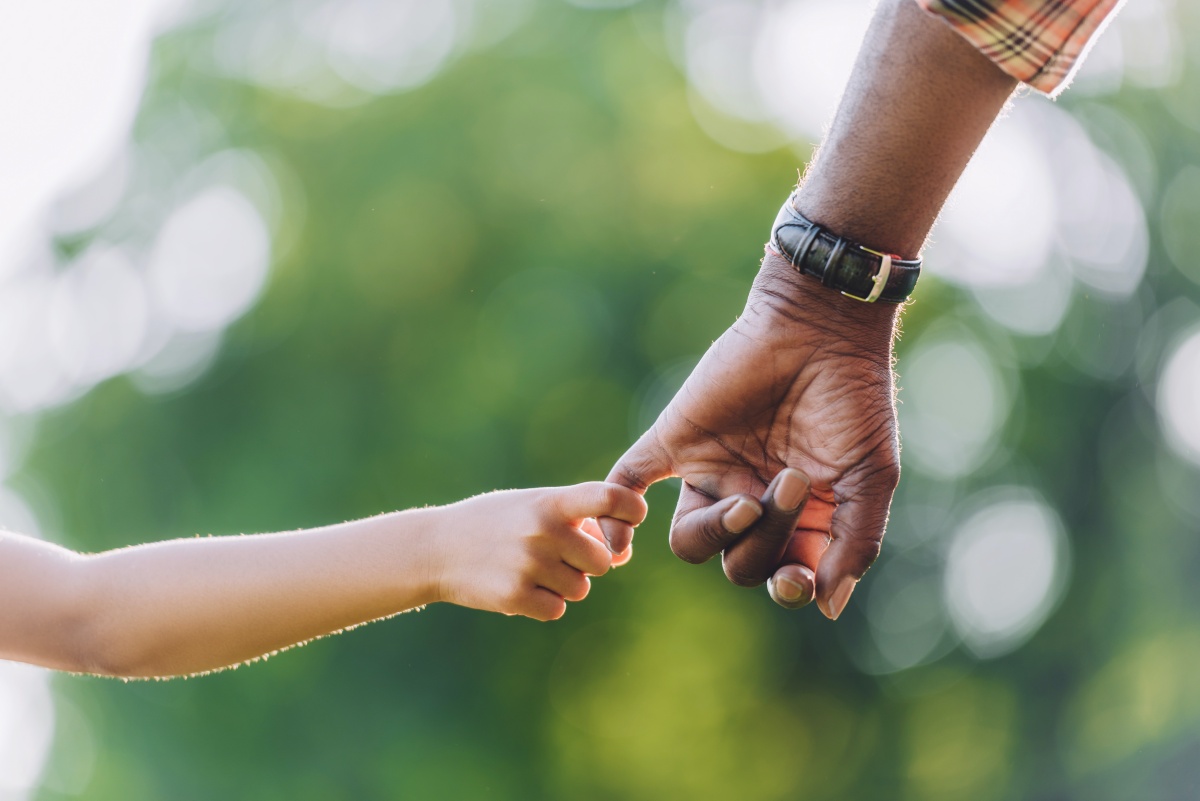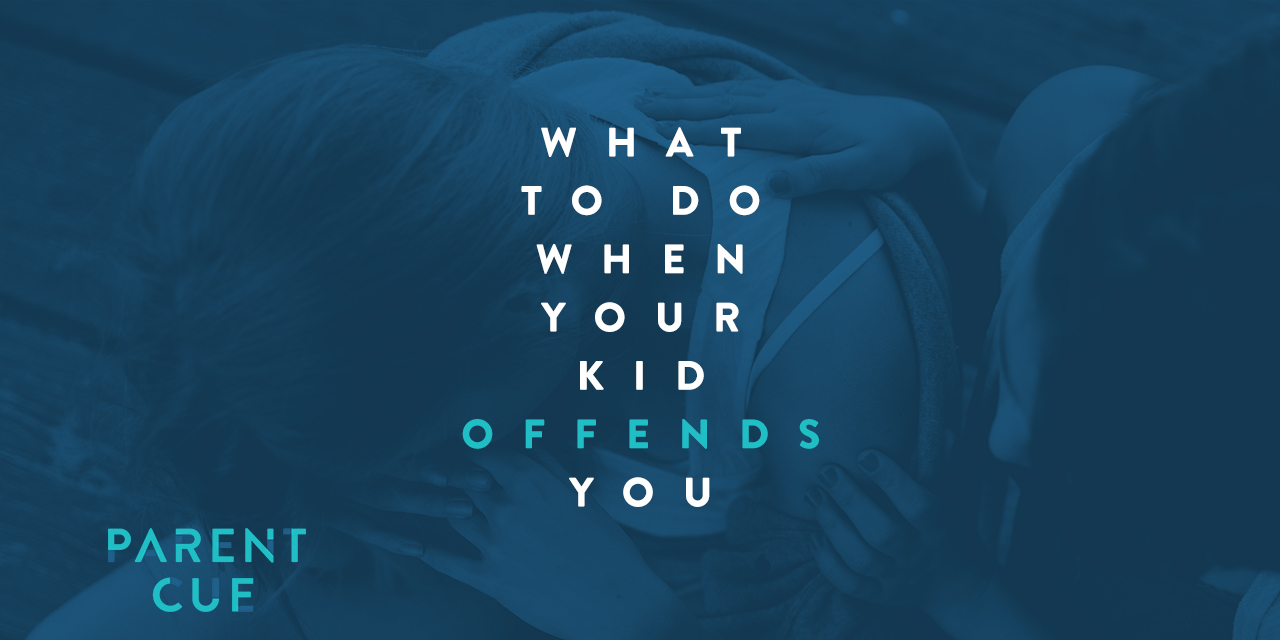
We live in the age of information. With a few clicks and a couple of swipes, I could learn just about anything I want… even when it comes to the puzzle that is my middle schooler’s behavior and overall development. If you’re like me, you might be living in a state of constant confusion in this phase. Why are they changing so quickly? What even matters to them? Who are they…really? Our work on the Phase Project has helped our team answer many of these questions. Though when it comes to middle schoolers, don’t underestimate the power of going right to the source.
Recently I asked my 7th grader, Emmy, to tell me what she thinks all parents need to know about middle schoolers. And, shockingly enough, I wasn’t met with immediate rejection. Some of her answers I expected. Some I thought were pretty insightful. Others flat-out surprised me. Here’s what she said (in no particular order) and what I gleaned from her thoughts:
1. “Everyones trying to be someone they’re not yet.”
Emmy’s use of the word “yet” caught my attention because while it confirms that kids in middle school are on a constant search for identity, it also affirms that it’s a journey and they will get there eventually. Instead of giving them flack or worrying about their experimentation with different clothing styles, words, or interests… know that this is an important part of them developing confidence in who they are and leaves room to learn from their mistakes.
2. “We don’t appreciate hearing, ‘It’s just a phase.”
Middle schoolers are very aware of the ways they are changing. They’re reminded of it every day when they look in the mirror and as they analyze their decisions big and small. There is a very real internal war at play between themselves and their bodies, and their personalities, and they don’t appreciate being reminded that everyone else can see it too.
3. “We’re losing our minds. Literally.”
Back when Emmy was in elementary school, I shared something with her that I learned about what would eventually happen to her brain. A middle schooler loses a third of their cerebral cortex in a process called pruning. This is why you might be asking yourself why they seem to be so forgetful or irresponsible. Most of the time, it isn’t intentional. They’re literally losing their minds. As parents, we’ll save ourselves a lot of time and energy by accepting the fact that we will have to repeat ourselves a lot in this phase and add the question, “‘How can I help?” to our everyday conversations.
4. “We want to be accepted and we want it for others, too.”
No matter our personal convictions, middle schoolers are starting to view the world through the eyes of others. They are growing up in a generation where acceptance is paramount, injustice must be addressed and the most vulnerable must be advocated for. When we really think about how much they are on a mission to be accepted in this phase, it makes sense that they would have the most compassion for those who do not seem to be readily accepted by society. Now would be the perfect time to have ongoing conversations about the experiences that helped shape you, your family values, what matters to you and why. Don’t freak out if they disagree. Remember that being given the space to form their own opinions and participate in healthy debate and dialogue are an important part of their development. In this phase, their minds might change as often as their personalities.
5. “For some kids, school is their only escape.”
One of the most eye-opening parts of our conversation was hearing Emmy describe what many of her middle school peers are facing in their personal lives. She spoke about her friend’s parents being in prison, battling drug addiction, and other family crises that create difficult and unstable home environments. There is oftentimes a disproportionate amount of attention spent on student misbehavior on campus and a lack of empathy for those who are likely acting out of fear, abandonment, and uncertainty.
6. “We want to find our people.”
On this journey of self-discovery and acceptance, middle schoolers are continually on the hunt for peers they lean on for empathy and support. Finding healthy and safe community is key, but can also be incredibly difficult. Throughout this phase, as they are becoming increasingly self-aware and self-conscious, they are rattled with internal questions regarding friendships like, “Who do I like?” and “Who likes me?” As parents, we have to navigate this delicately and strategically as we think of ways to help. With the constant shifts in interests and re-examination of themselves, expect changes in their friendship circles. Take an active role but don’t push. Consider how can you might help get them more involved at church or create opportunities for them to meet friends outside of school or from their extracurriculars. On behalf of all middle schoolers, Emmy has also given us parents permission to go ahead and retire the phrase “set up a play date” at this stage of life.
7. “We’re ok with losing touch with old friends”
I’ve lost count of how many times I’ve asked Emmy about hanging out with friends she had in 4th or 5th grade. Maybe I’ve invested in enough birthday gifts for strangers that I think about them more than she does? Or perhaps, at my core, is a longing for my little girl to remain little, complete with the friendships that remind me of an earlier phase. However, for them, it seems much easier to accept how their friend groups shift with their interests and how relationships naturally grow a part in that transition from elementary to middle school. They’re okay with letting go and, sometimes, we need to be as well.
8. “We know social media can be bad, but it can be good, too”
With all of the apps, books, and even documentaries that now exist around the dangers of social media, this generation has become much more aware of the inherent risks involved. As children of the digital age, they also understand how much technology and social media have played a significant role in their education as well as helped them dive deeper into creative outlets. Things like designing Pinterest boards, learning through podcasts, and building websites and online stores have created a new world of opportunity that we as parents didn’t have available to us. I think middle schoolers would tell us to not be intimidated by technology, but we as parents must also be willing to learn best practices that will help them navigate this tech world responsibly. Our Parenting in a Tech-World course could be a great place to start!
9. “We’re all keeping secrets”
Admittedly, this was a gut punch. I had to keep a poker face as my daughter described the number of girls who walk into school, make a bee-line to the bathroom and emerge different people. If your child doesn’t have secrets of their own, they might be harboring the secrets of their friends. And as bone-chilling as this may sound, it’s a natural part of their development and their growing independence. This is where it’s necessary for your child to know, with confidence, that you are a safe place and always willing to listen. And while this doesn’t guarantee your kid will tell you everything, it can inspire you to be proactive about ongoing one-on-one time. They may never admit it, but they are also longing for non-parental adult influence. So be intentional about placing other trusted adults in their lives (who would say the same things you would) they can open up to. Again, some of these may ring true for your child, some may not. But the hope is that they might spark your curiosity and be a gateway to healthy conversations.
While we know that a variety of factors play into a child’s personal worldview (for context: she’s an American, multi-ethnic girl growing up in a suburban neighborhood attending public school), I believe her perspective can give us important insight into what may be shaping a middle schooler’s decisions and the behaviors of those around them.





